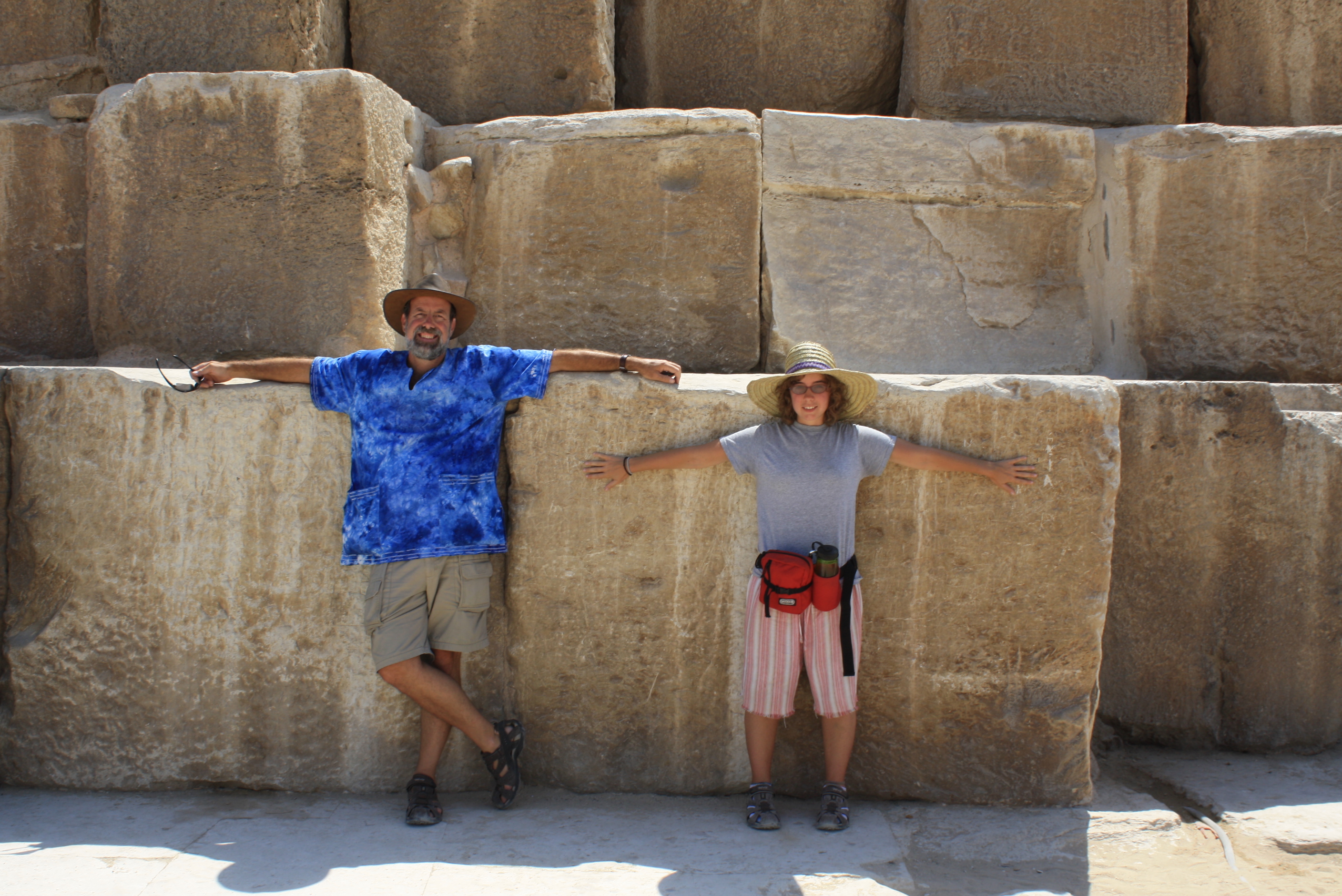- Joined
- Aug 18, 2009
- Messages
- 47,435
- Reaction score
- 20,857
As for the OP, I want to say Einstein but I wonder if that's just giving recent events more credit than they really deserve.
Einstein had the benefit of thousands of years of more math to work with. He had, relatively, greater access to great minds to inspire him. He had the advantage of a far superior schooling system in his early years.
The pyramids, in the context, of their timeline are really, really hard to put into perspective.
Einstein's Theory is great but he never had to actually make it a reality. The people who build the pyramids had to take their ideas based on their math and with their limited technology and created something that was the tallest man-made structure in the world for almost 4,000 years.
Einstein had the benefit of thousands of years of more math to work with. He had, relatively, greater access to great minds to inspire him. He had the advantage of a far superior schooling system in his early years.
The pyramids, in the context, of their timeline are really, really hard to put into perspective.
Einstein's Theory is great but he never had to actually make it a reality. The people who build the pyramids had to take their ideas based on their math and with their limited technology and created something that was the tallest man-made structure in the world for almost 4,000 years.





